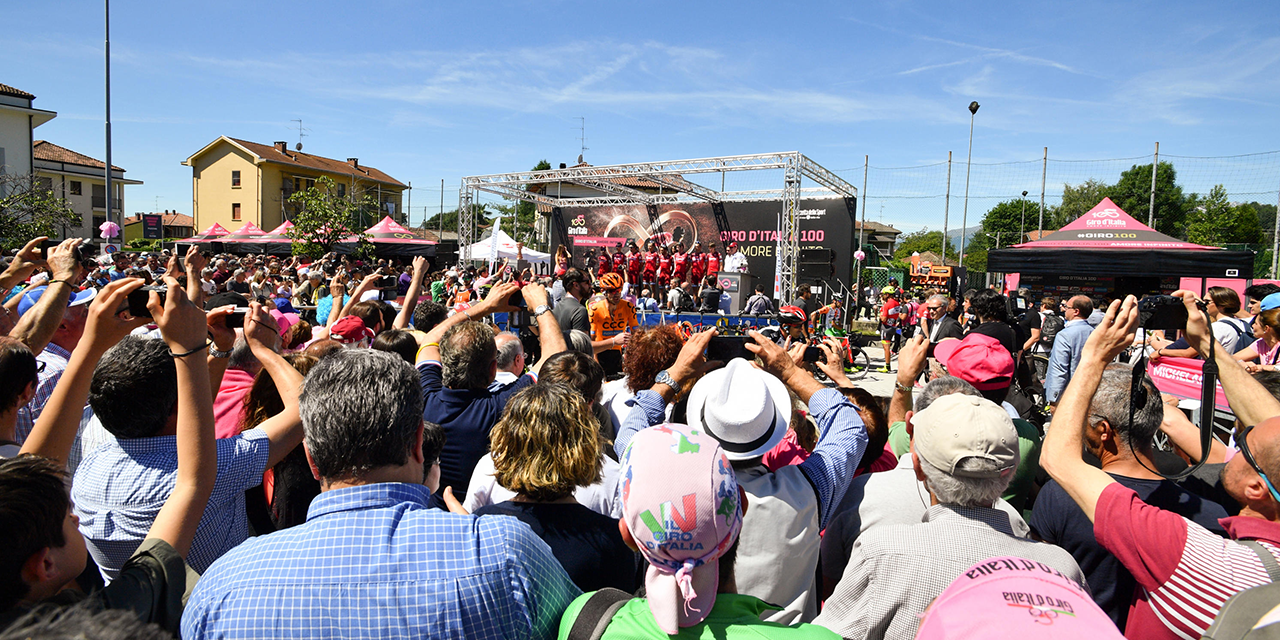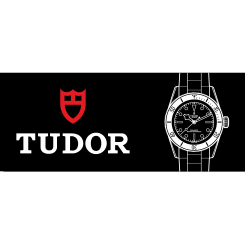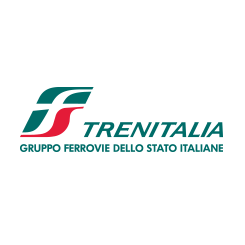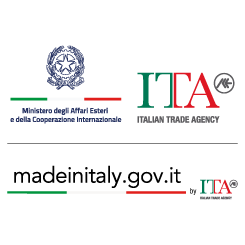Valdengo has previously served as a starting city for the Giro d’Italia, and it’s set to do so again for the GranPiemonte 2024. A decade ago, this small town in the province of Biella welcomed elite cycling for the very first time, hosting stage 15 of that year’s Corsa Rosa, which started right there and finished at Plan di Montecampione. Fabio Aru took his maiden victory that day, but overall victory went to Nairo Quintana.
Three years later, in 2017, Valdengo had its encore, once again for stage 15, a challenging ride from Valdengo to Bergamo. On this occasion, it was the Maglia Bianca Bob Jungels who stormed to victory, right before the iconic Bormio stage, famous for Tom Dumoulin’s unforgettable roadside stop while defending the Maglia Rosa.
Valdengo’s scenery is defined by rolling terrain, alternating flatlands and verdant hills, offering breathtaking views of the Alps in the distance. One of the town’s landmarks is the Castello di Valdengo, a medieval fortress that towers over the surrounding landscape. Dating back several centuries, this castle has deep ties to the local nobility, shrouded in a mystique that evokes a sense of historic grandeur. Though not always open to the public, this building stands as a testament to the strategic importance of the town in ancient times.
While proudly retaining many of its historical elements, Valdengo is also a lively community, enriched by exciting local festivals and fascinating traditions. Visitors are drawn by the town’s cobblestone streets, stone houses, and quaint churches. The local festivals are moments of celebration where the area’s finest products, like wine and cheeses typical of the Biella region, are deservedly celebrated. These events offer the perfect opportunity to experience the town’s authenticity and warm hospitality while indulging in traditional dishes like polenta concia or risotto alla biellese. Despite its small size, Valdengo boasts a deep connection to local history and artisanal craftsmanship. Just a few kilometers away, Biella and nearby towns are renowned for their high-quality textile production, an industry that has shaped the economy of this region of Piemonte.






















